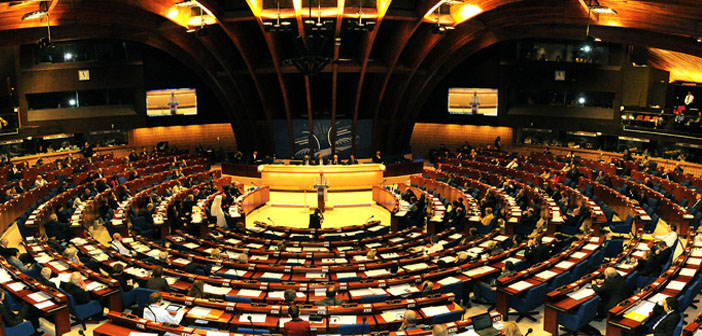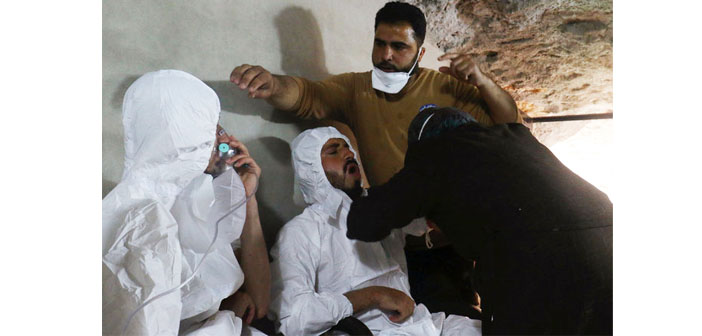In
two days, we witnessed radical changes in the strategy of Turkish
politics: first, an agreement with Israel and then an apology to
Russia. Were they meaningful strategic changes in foreign politics or
just steps for saving the day? Is “strategic depth” doctrine of
Ahmet Davutoğlu, who had been guiding AKP's foreign politics for
years and resigned from the prime
ministry on May 5, collapsed? Did we go back to the times before this
doctrine? And why are these new moves actually made? We talked to
former Erbil Consulate-General Aydın Selcen, who worked in Algeria,
Baghdad and Washington embassies and was the first Turkish
Consulate-General to Iraqi Kurdistan.
What does the “restoration” of the relations with both Russia and Israel mean after Ahmet Davutoğlu left?
We should admit that President Erdoğan is really skillful, given the fact that he apologized to Russia and made a deal with Israel just in a day, after he dismissed Prof. Dr. Ahmet Davutoğlu, who had been the architect and the contractor of foreign politics since 2002.
Were they meaningful strategic changes in foreign politics or just steps for saving the day?
Developments in relations with Russia and Israel indicate that AKP moved to a more realistic phase in foreign politics, instead of a foreign politics based on heroic and ideological obsessions. We hope that these moves will be turned into a coherent attitude.
In your opinion, what is the “real” reason of the apology to Russia? I mean the economic or political reasons, because embargoes caused a crisis in tourism in Turkey.
Undoubtedly, there are reasons related to energy and economy, but I think that the real reason is Syria issue. Ankara needed to get a guarantee from Moscow concerning PYD/YPG/Rojava. Within this context, we should remember that PKK downed a Turkish helicopter by a IGLA missile made in Russia and killed 2 pilots.
As a diplomat, can you say that Turkey diplomatically “apologized” to both Russia and Israel? Is this the way such things are done in the world of diplomacy?
Diplomacy is the management of the relations between the states. Thus, Erdoğan's open apology to Putin by a letter is a usual move and moreover, it was something that he should have done in the first place. How will Erdoğan explain this move to his voters and supporters? This is whole another issue and Erdoğan's problem.
Will Russia content itself with this apology?
We shouldn't expect that the relations with Russia will suddenly improve after this step. Russia sent a file to UN, which includes documents about Turkey's war crimes committed in Syria and oil smuggling with ISIS. In sum, they find a ground for reconciliation, where the interests of both countries in Syria are protected.
After all of these years, Turkey started to form “good relations” with Israel. What does it mean? Will Turkey or other two countries get the best of these alliances?
The full text of the agreement with Israel is not made public. However, the content is leaked by the senior officials of both countries. So, we understand that they agreed on an apology, 20 million dollars compensation and humanitarian aid through Port of Ashdod. Politically, the condition before Mavi Marmara incident is recognized here. However, Turkey is also allowed to build a 200-bed hospital, a desalination plant and a power plant in Gaza; this means that Israel gives Turkey a high profile in Palestine.
For Israel, there are economic and even strategic gains: it will cooperate with a partner like Turkey in its region and Israeli gas will be channeled to Europe through Turkey. I also think that Israel and Turkey believe that they gained a powerful lobby in the US with Hillary Clinton as the president.
Can we say that Turkey has given up being “the protector” of Palestine?
The deal with Israel indicates that Turkey has given up being the protector of Hamas and tends to form political relations with Palestine through its current institutions, as it should be.
Prime Minister Yıldırım talks about forming good relations with Egypt. Would this “chain of good relations” have an influence on Syria?
Given Prime Minister Yıldırım's statements, it is clear that the next step will come soon and be about Egypt. However, unfortunately, these moves of reconciliation don't indicate that a general rationalist attitude started to dominate the policies of the government or the president. On the contrary, we witness that democracy is under more and more pressure inside the country, there are no proper relations with Kurdish communities in Syria and PYD, settlements in the southeastern region are being destroyed and locals are forced to leave. There are destructive political choices obsessed with security.





